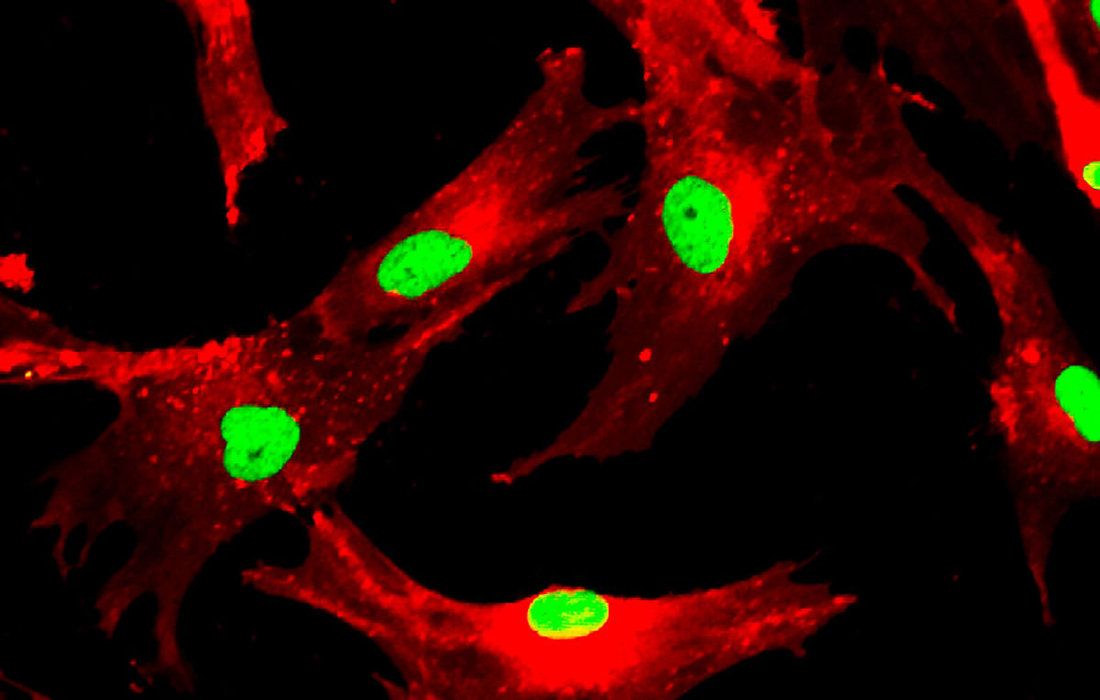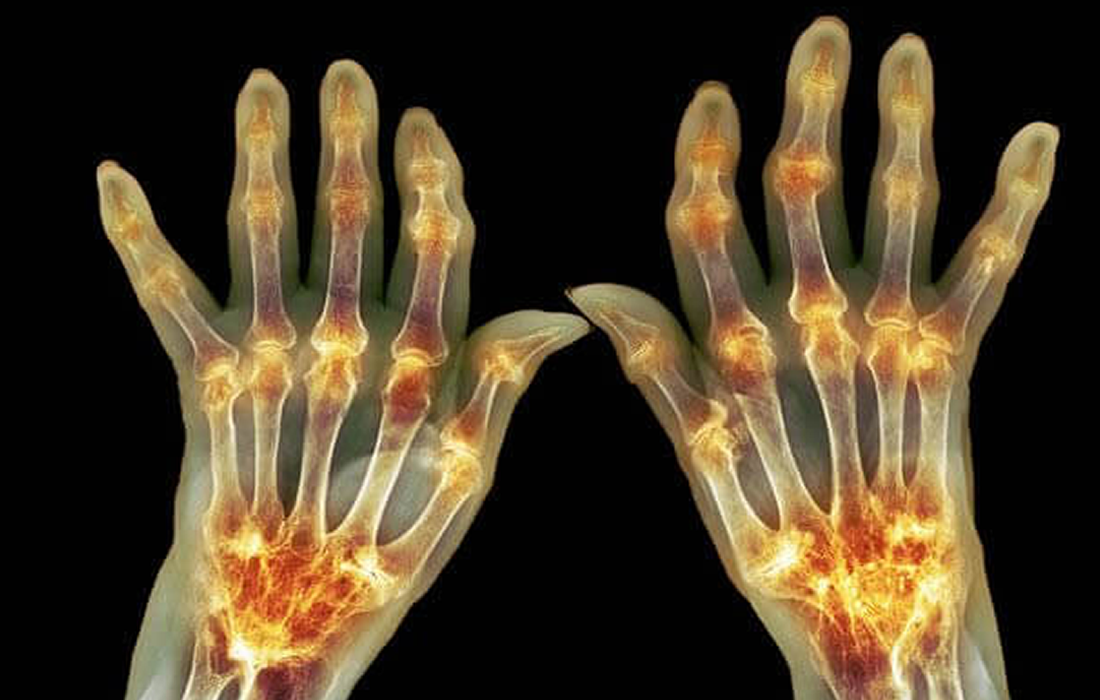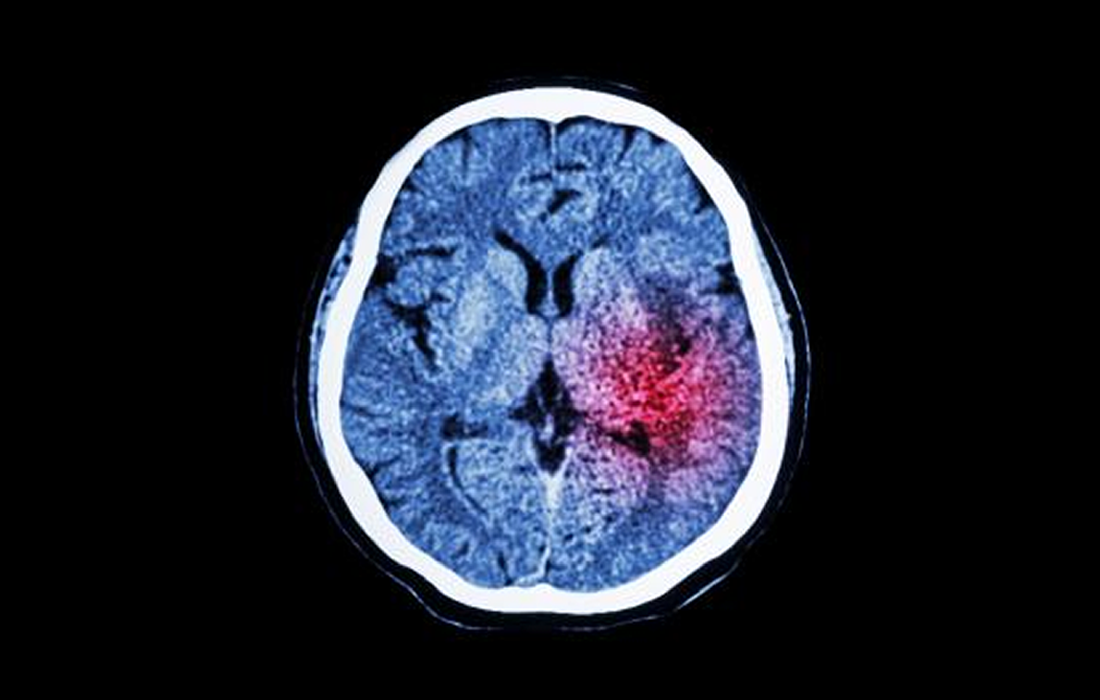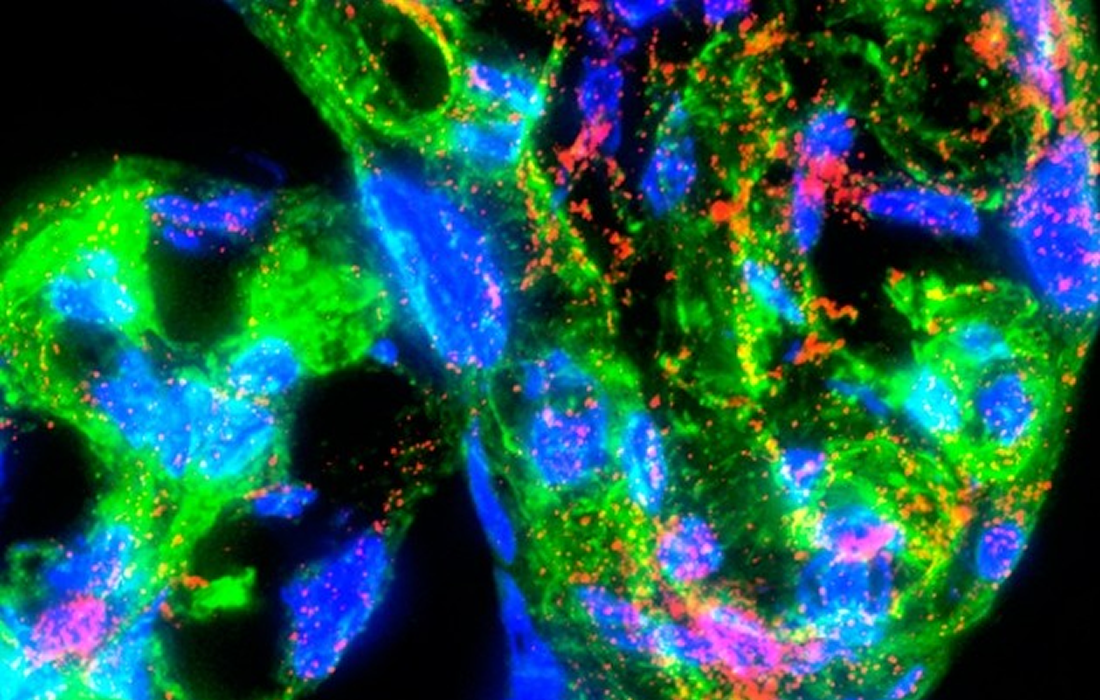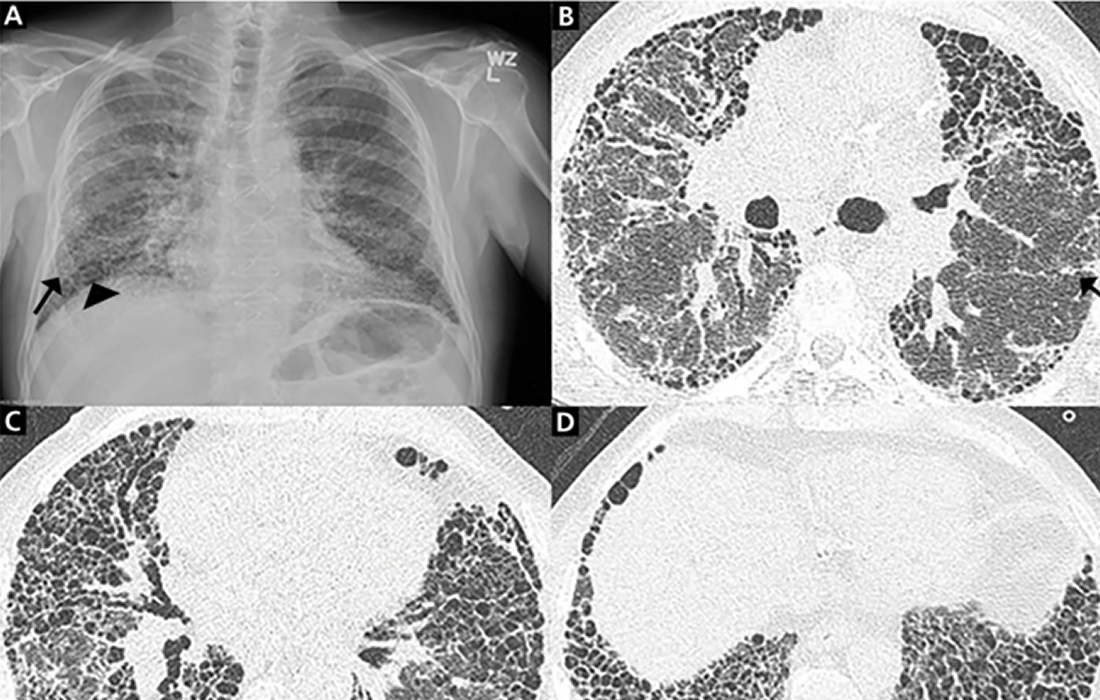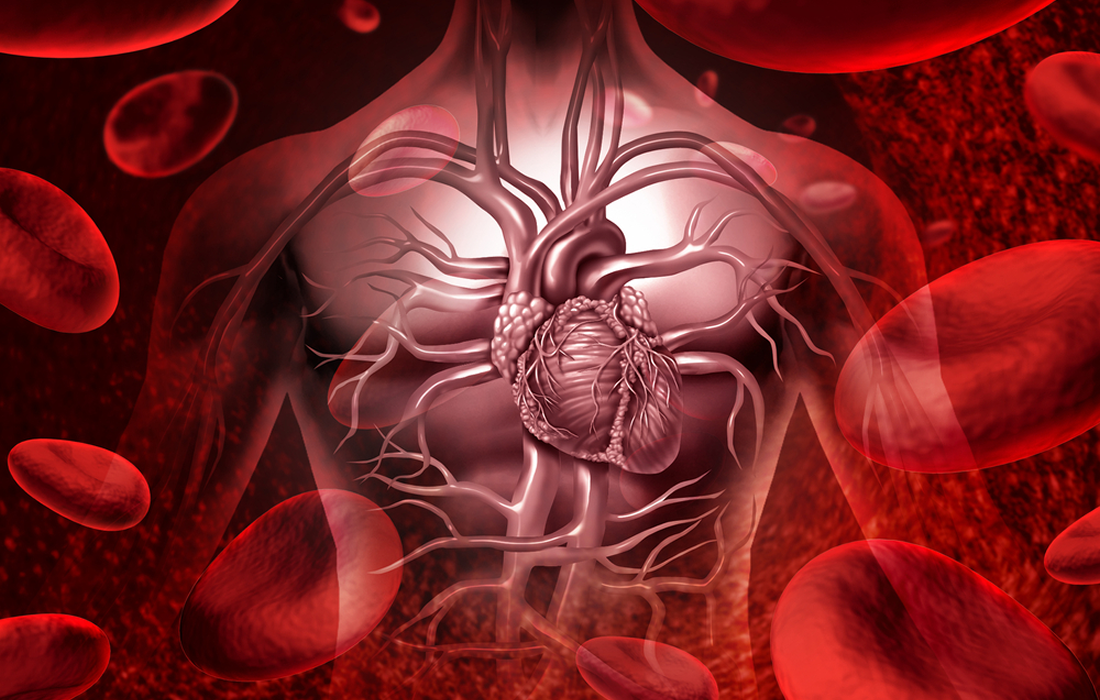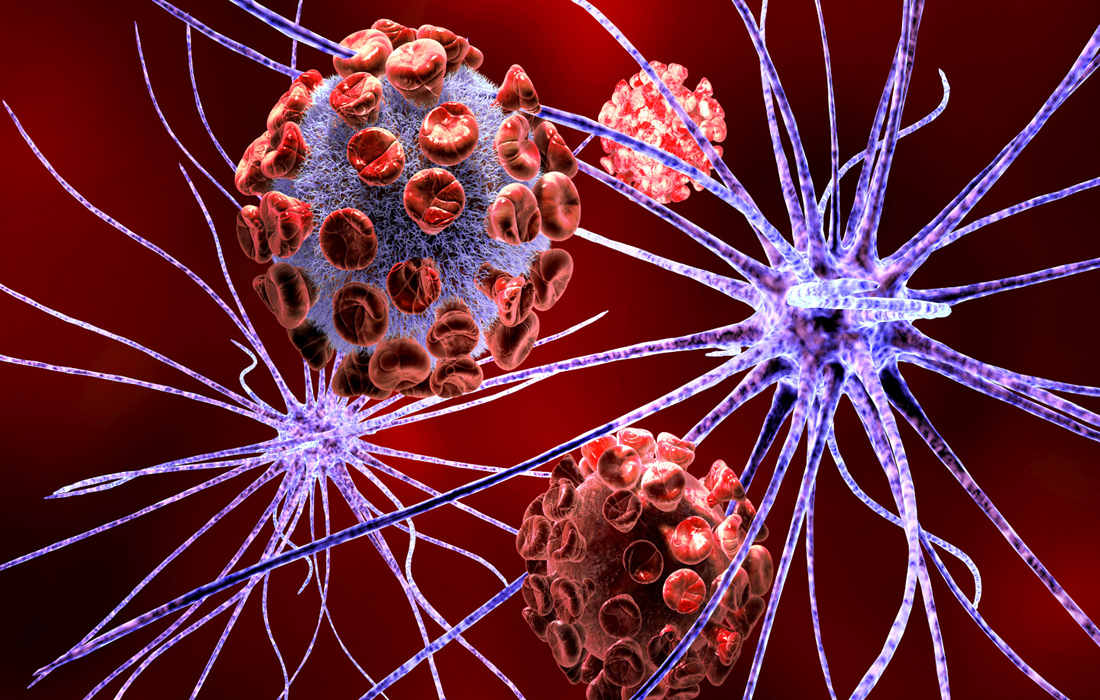Mesenchymal stem cells (MSCs) have gained great interest as new medical treatments for multiple medical conditions. MSCs act by three major classes of mechanisms: Differentiation into specific types of cell lineages and integration into tissues. Secretion of factors including cytokines and exosomes that promote cell survival and growth, and that modulate inflammation. Direct MSC contact […]
Category Archives: Stem Cell Therapy for Specific Conditions
What is Osteoarthritis? Osteoarthritis (OA) is a chronic and progressive condition, which can result in significant pain and loss of function. Symptomatic OA, while often regarded as an age-related condition, is not only a disease of the elderly as it has a prevalence rate of 10% of males and 18% of females over the age […]
Rheumatoid arthritis (RA) is characterized mainly by synovial inflammation and hyperplasia, cartilage/bone damage, and systemic comorbidities. Different factors can influence the development of RA, including genetic-environmental interactions, synovial immunologic processes and inflammation, and a loss of immunological self-tolerance. It has been reported that proinflammatory cytokines play an essential role in the disease. Biological agents aiming […]
A study performed by Stanford University School of Medicine in Palo Alto, California with the lead author Dr. Gary Steinberg that included a small number of stroke participants had promising results that have been met with positivity because this could be a life-changing treatment for a lot of stroke patients. The results were published in […]
Multiple sclerosis (MS) is an immunologically mediated disease of the central nervous system that is prevalent worldwide. It can occur at any age, but the onset is most frequent in adults aged 20 to 50 years. The most common type, known as relapsing-remitting MS (RRMS) consists of an episodic disorder that can evolve into a […]
What is Cerebral Palsy? Cerebral palsy (CP) is the most prevalent motor disorder of childhood. It affects 2-3 per 1,000 live births. CP typically results from in utero or perinatal brain injury such as hypoxic insult, hemorrhage, or stroke, and it can affect movement and muscle tone, or posture. CP is the most common motor […]
What is Pulmonary Fibrosis? Pulmonary fibrosis (PF) is a chronic, life-threatening disease with a gradual worsening of pulmonary function and shortness of breath, and the median survival time of patients with idiopathic pulmonary fibrosis (IPF) was estimated to be 2.5–3.5 years. Pulmonary fibrosis is a lung disease that occurs when lung tissue becomes damaged and scarred. […]
Myocardial infarction (MI) results in irreversible loss of cardiomyocytes (CMs) and can often lead to heart failure. Due to the minimal regeneration capacity of the myocardium, novel therapeutic techniques are needed. Myocardial infarction is a leading cause of morbidity and mortality worldwide and is the main cause of heart failure. It can be caused by […]
Mesenchymal stem cells (MSCs) are multipotent cells that can be derived from different sources, including adult and fetal tissues. They can be derived from bone marrow, fatty tissue, cord blood, umbilical cord, placenta, amniotic fluid, synovium, and dental pulp. There are currently over 300 clinical trials evaluating MSCs therapeutic utility in a variety of diseases […]
What is Multiple System Atrophy? Multiple system atrophy (MSA) is a rare, degenerative neurological disorder affecting your body’s involuntary (autonomic) functions, including blood pressure, breathing, bladder function, and motor control. Formerly called Shy-Drager syndrome, olivopontocerebellar atrophy, or striatonigral degeneration, MSA shares many Parkinson’s disease-like symptoms, such as slow movement, rigid muscles, and poor balance. Is […]

